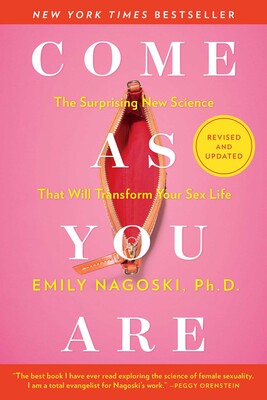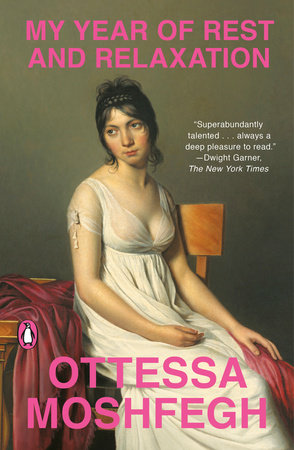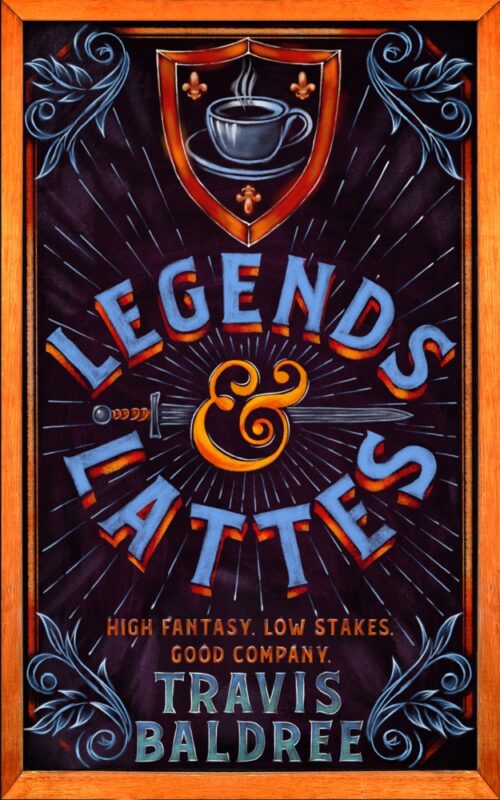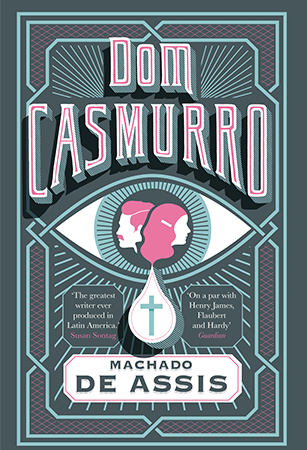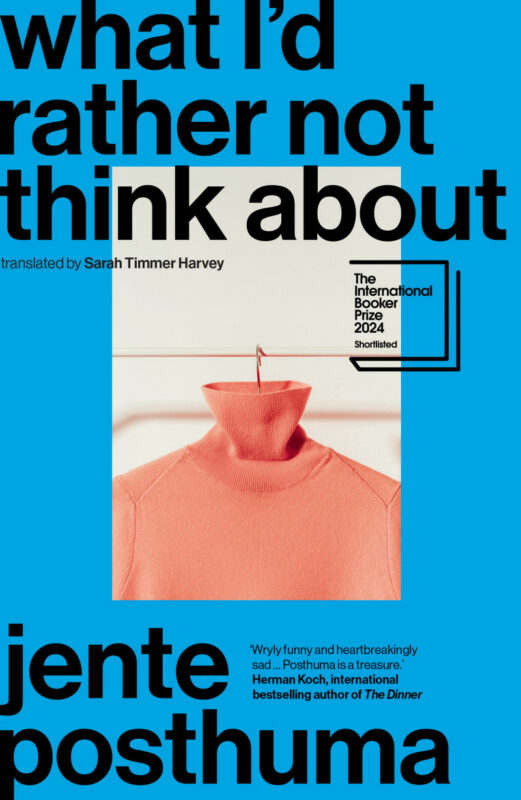
What if one half of a pair of twins no longer wants to live? What if the other can’t live without them?
This question lies at the heart of Jente Posthuma’s deceptively simple What I’d Rather Not Think About.
The narrator is a twin whose brother has recently taken his own life. She looks back on their childhood, and tells of their adult lives: how her brother tried to find happiness, but lost himself in various men and the Bhagwan movement, though never completely.
You should think about What I’d Rather Not Think About
By Molly Quell
The second Dutch book to make the International Booker Prize shortlist, What I’d Rather Not Think About by Jente Posthuma explores what happens to one twin when the other chooses to die.
Two, as the book’s main character refers to herself, narrates the life and death story of her older-by-45-minutes twin brother, One. The older boy gives the pair the nickname and their actual names are never revealed. He’s 35 when he dies by suicide.
Told in a series of vignettes, the book switches between the siblings’ childhood and present day, as the surviving narrator tries to grapple with her grief. The book opens with an anecdote about the brother waterboarding his sister, after watching a movie about Guantanamo Bay. Interspersed are conversations the narrator has with her therapist, Ezra.
In an interview with the Booker committee, Posthuma explained that her novels are born from personal experience. Someone important left her life (not as a result of dying, she notes) and “It was as if suddenly I had no ground beneath my feet and was falling into an endless abyss.”
That sensation beautifully underlies the entire work. After her brother dies, the narrator spends hours in his old apartment, unable to exist in the same space that she had taken up before.
The September 11th attacks play out in the background of the work, as the narrator spends time with family who live in New York City. She also becomes fixated on the twin studies performed by Josef Mengele during the Holocaust. The author uses both to explore the meaning and bounds of grief.
First published in Dutch in 2021 as Waar ik liever niet aan denk, the book took home the European Union Prize for Literature. When it was published in English in 2024, it was shortlisted for the International Booker Prize. Dutch novelists Harry Mulisch, Tommy Wieringa and Jaap Robben have previously made the award’s longlist and, in 2021, Marieke Lucas Rijneveld became the first Dutch author to take the prize home.
What I’d Rather Not Think About is Posthuma’s third book and death features prominently in her work. Her debut novel, Mensen zonder uitstraling, was nominated for a series of awards. The protagonist is a 13-year-old girl whose mother dies of cancer. Her second book, Probeer een beetje goed over me te denken, is written with her photographer husband and follows his father’s euthanasia.
The work is translated by Sarah Timmer Harvey, an Australian writer who lives in the United States but spent 14 years living in the Netherlands. She previously translated Reconstruction by Dutch-Surinamese writer Karin Amatmoekrim.
What I’d Rather Not Think About is challenging and serious with moments of absurdist levity. It’s a very well written and provoking work that is certainly worth reading.
N.B.: This book review has previously been published at DutchNews.


